Tyson Foods, the largest meat producer in the United States, agreed to stop marketing a line of its climate-friendly beef and to drop its claim that it could reach net-zero emissions by 2050, as part of a lawsuit settlement with the Environmental Working Group, a nonprofit that sued the company for allegedly misleading consumers. The changes are effective immediately and will remain in place for five years, during which time Tyson Foods cannot make new environmental claims unless they are supported by credible data.
According to the settlement, Tyson Foods must also refrain from using certain marketing terms, including "climate-friendly" and "sustainable," to describe its beef products. The company had been using these terms to promote its "Raised & Rooted" line of beef, which was marketed as a more environmentally friendly alternative to traditional beef.
"This settlement is a major victory for consumers and the environment," said Scott Faber, senior vice president for government affairs at the Environmental Working Group. "Tyson Foods' claims about the environmental benefits of its beef were completely unfounded and misleading. We're glad that the company has agreed to stop making these false claims and to be more transparent about its environmental practices."
Meat and dairy production are two of the highest polluting industries, accounting for 14.5 to 19 percent of global greenhouse gas emissions, with much of it stemming from beef. The Environmental Working Group has long argued that companies like Tyson Foods are engaging in a form of "greenwashing," or making false or misleading claims about the environmental benefits of their products.
Tyson Foods' decision to stop marketing its climate-friendly beef is a significant development in the meat industry's efforts to address its environmental impact. The company's actions are also a response to growing public concern about the environmental and health impacts of meat production.
In a statement, Tyson Foods said that it is committed to reducing its environmental impact and that it will continue to work towards achieving its goal of net-zero emissions by 2050. However, the company did not commit to making any specific changes to its environmental practices or to providing more transparency about its environmental claims.
The settlement with the Environmental Working Group is the latest development in a growing trend of lawsuits and regulatory actions aimed at holding the meat industry accountable for its environmental impact. As consumers become increasingly aware of the environmental and health impacts of meat production, companies like Tyson Foods are facing growing pressure to adopt more sustainable practices and to be more transparent about their environmental claims.
Tyson Foods' decision to stop marketing its climate-friendly beef is a significant step forward in the meat industry's efforts to address its environmental impact. However, the company's actions are just the beginning, and it remains to be seen whether other companies in the industry will follow suit.




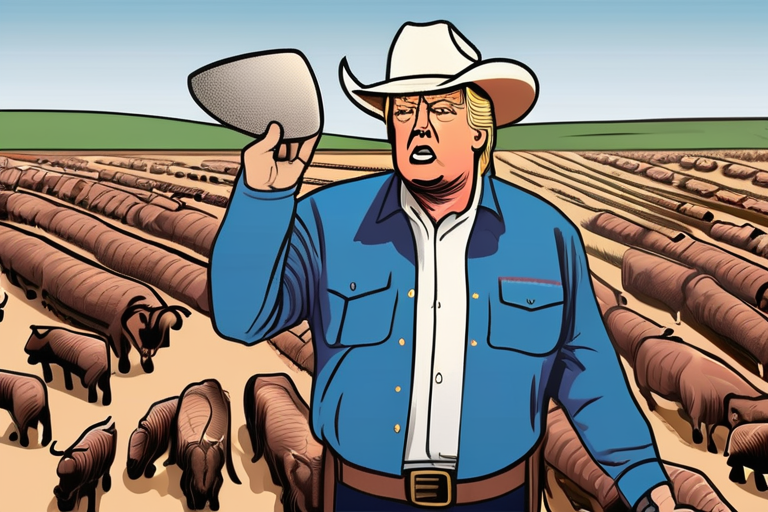
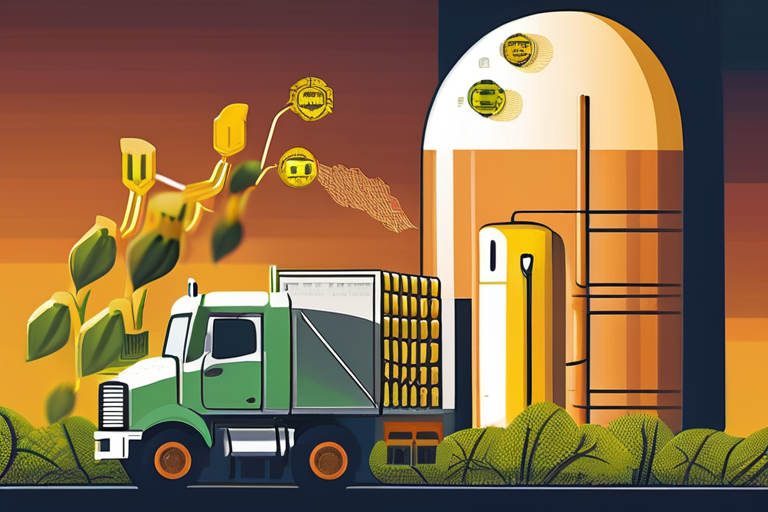

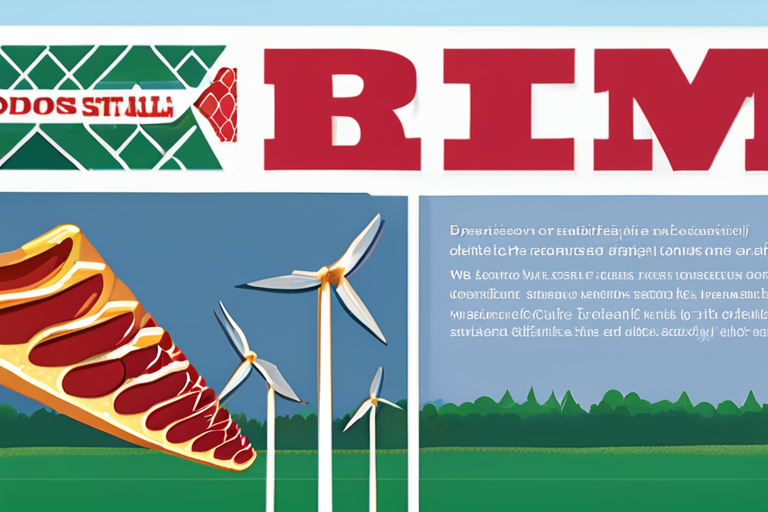
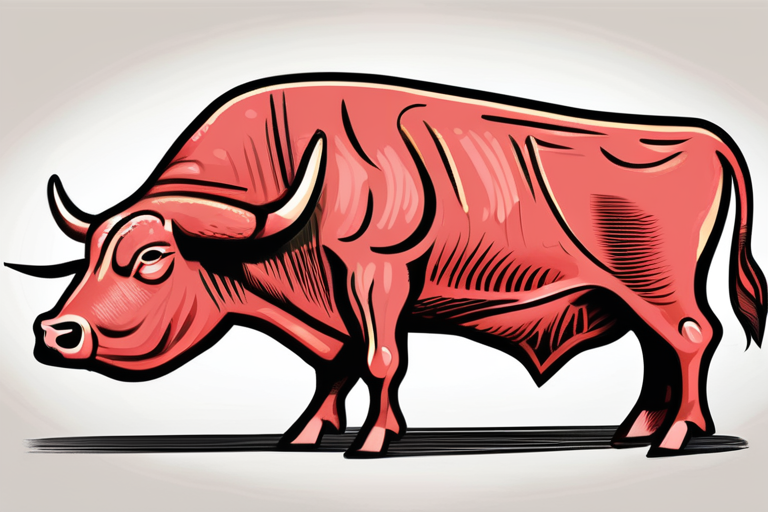






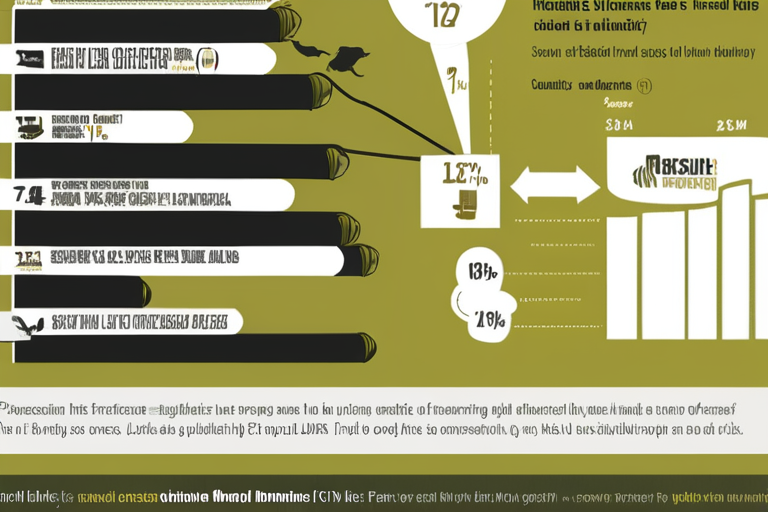
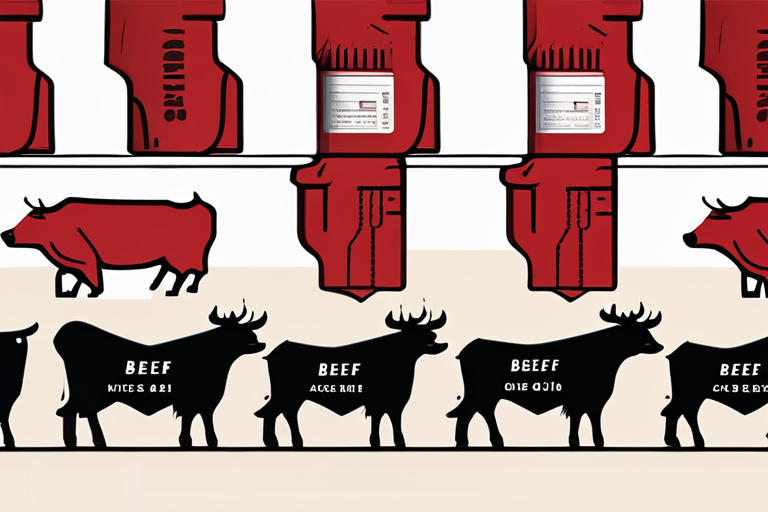


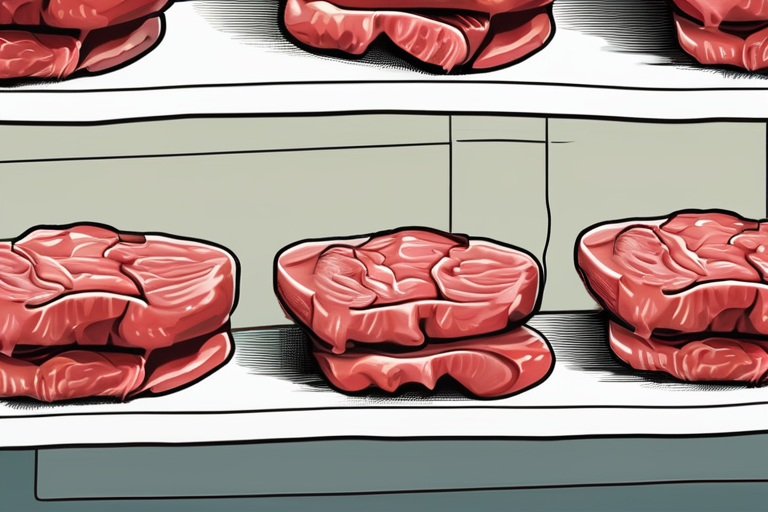
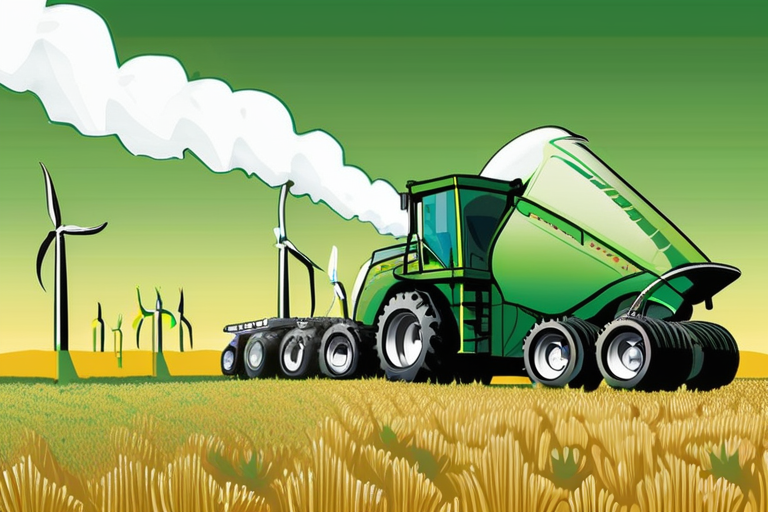






Share & Engage Share
Share this article